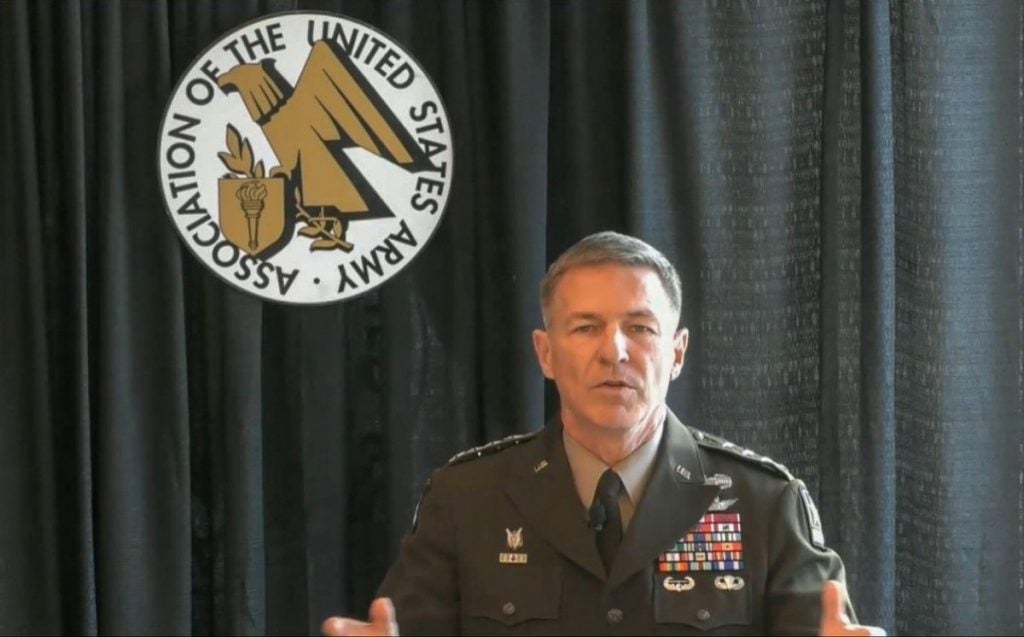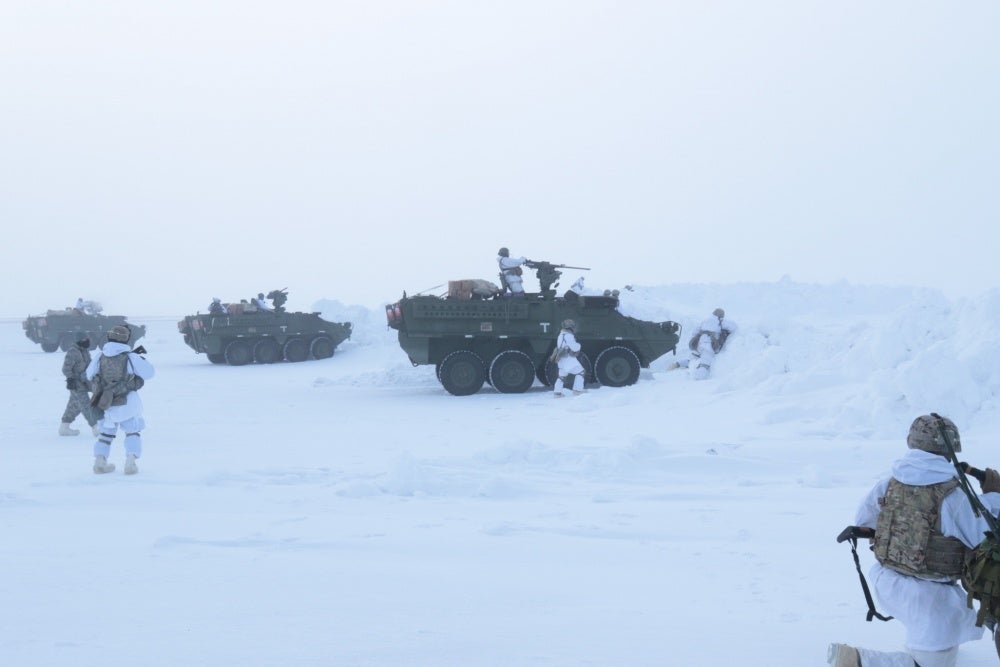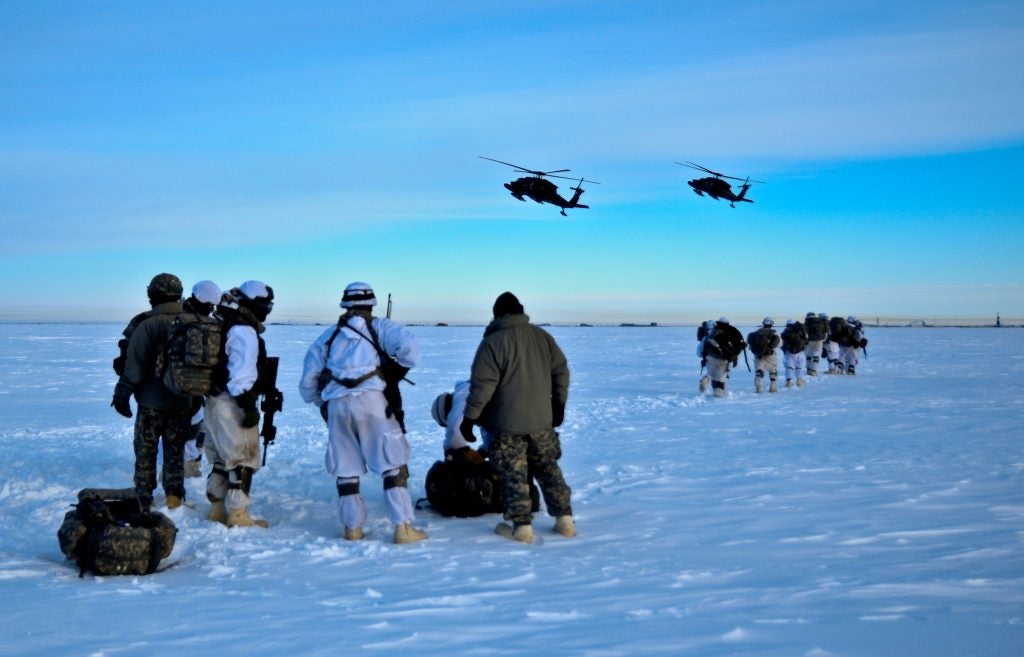US Army to Expand Arctic Presence
Following a release of a new “Strategic Blueprint for the Arctic” by the Navy earlier this month, the US is moving to increase its arctic readiness as well. In order to achieve this, the army is chiefly looking on its posture and capabilities in Alaska but is also looking to create an Arctic-capable brigade in the region and a regional Multi-Domain Task Force (MDTF). The army claims it has prepared its own strategic document but this has not yet been published.

According to Army Chief of Staff General McConville,
“We certainly have national interests … up in the Arctic. As the situation changes up there and there is more freedom of movement, we certainly want to make sure that we protect our interests there.”
It would be surprising to see significant deviations from the Navy’s vision, however. In its document, the service focused on increasing capabilities, strengthening international and interservice partnerships and maintaining a more “enhanced” presence; all this in order to counter the challenge Russia and China are seen as posing to regional security. Already, the army approach seems to be coherent with these three main points.

The concept of Multi Domain Task Forces is relatively new to the army, with only one in the Pacific currently being operational. The unit spearheaded the validation of the army’s Multidomain Warfighting Concept and is set to be followed up by a second MDTF is Europe. The units seek to combine a wide range of capabilities ranging from space and cyber components to long range precision fires equipment made possible by technological advances such as the new Strategic Long Range Cannon. According to General Robert Brown, the previous commander of US Army Pacific, the units have carried out “at least 10 exercises and wargames” and should make it possible to breakthrough previously impregnable, layered Chinese and Russian Anti-Access, Area Denial (A2/AD) defenses. Implementation of the concept throughout the force, however, remains a multi-year project in its early stages.

